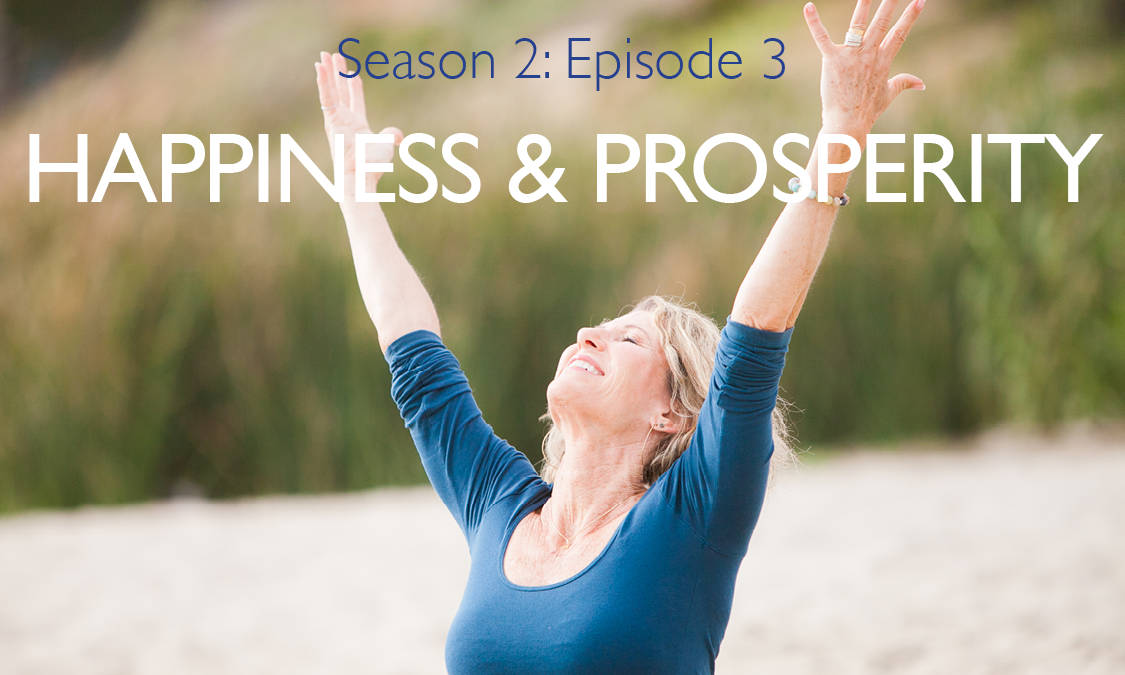Season 2 is gaining some great momentum!
Our first episode set the framework for how we are tackling the subject of health and well-being. In our second episode we are doing the same for the subject of wealth and abundance. Now our third episode we do the same for happiness and prosperity.
We start with a historical look at happiness from some of the great minds our world has delivered on the subject of happiness. They provide some pretty cool insights and parallels around meaning, purpose, relationships and generosity.
In the spirit of “the unexamined life is not worth living,” where is your happiness level today? In this moment? Are you happy? Are you living a happy life? An inspired life with meaning and purpose? Where ever you find yourself on the happiness scale, I can tell you there is more for you!
Begin exploring your happiness now and defining that for yourself. Join the conversation with Aries and me. And thanks for listening!
To your happy and inspired life!
Mark Dale Mazur, RLP®
Registered Life Planner
What We Discuss:
An overview of happiness from the wisdom of the sages before us
Happiness as the meaning and purpose of life.
Buddha: “The meaning of true happiness is the end of all suffering” and “if one thinks pure thoughts, happiness follows…”and “meditation is the medicine for the pain derived from “impure” thoughts.”
Socrates: “The unexamined life is not worth living” and “happiness is attained through human effort” and “all people desire happiness” and happiness does not depend of extern things for
Aristotle: “Happiness depends on ourselves and is measured at the end of one’s life.”
John Locke: Coined the term: “pursuit of happiness” and “happiness motivates everything we do.”
Victor Frankl: Happiness as an outcome of “looking for and finding the meaning of life.”
Martin Seligman: On the scientific research: “The most satisfied people are those that are using their signature strengths,” and that “happiness can be learned.” His three dimensions that be cultivated: the pleasant life, the good life and the meaningful life.
Abraham Maslow: “The story of the human race is selling themselves short.” He alludes to a relationship to happiness and self-actualization and discovering who we are.
The seven habits of happy people
1. Relationships2. Acts of kindness
3. Exercising and physical well-being
4. Finding your flow
5. Spiritual engagement and meaning
6. Discovering and using your strengths
7. Positive mindset, optimism and gratitudeThe outward expression of happiness reflected in acts of charity and kindness with others
Elizabeth Dunn, “Those that give to others are generally happier.”
Mark’s most recent experience of an act of kindness with others
The importance of small acts of kindness, like opening a door for someone
Sharing our hearts with others as relational beings
A long-term life study that showed the those with close relationships throughout their lives lived happier lives than those that did not
The relationship between health and close meaningful relationships
Spiritual engagement and the impact knowing your higher-self has on your happiness
Finding meaning and purpose is not a fleeting pleasure, but a real knowing of happiness
Supporting Resources:


